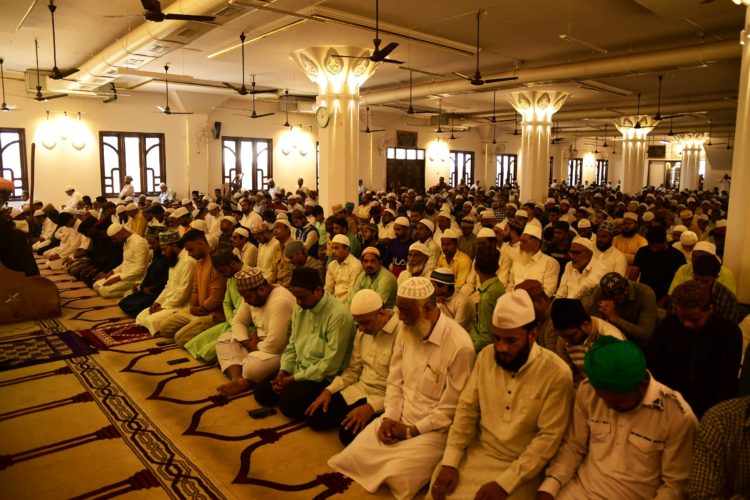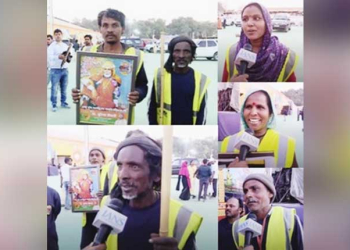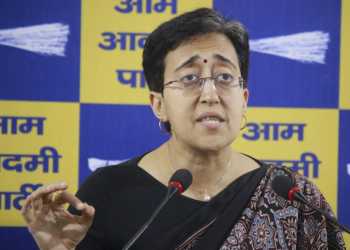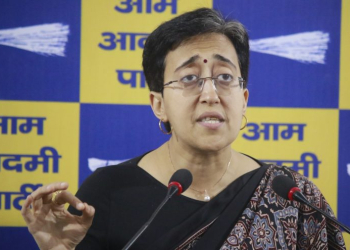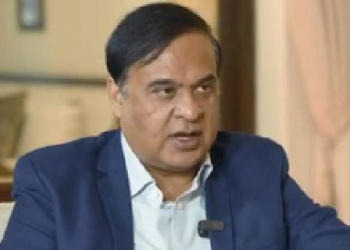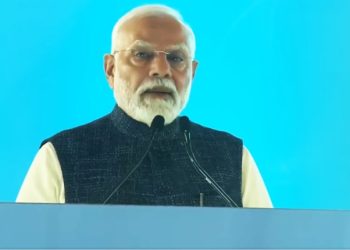Thiruvananthapuram: It is after several years that the festival of harvest Vishu in Kerala has fallen on a day when the Christians are observing Good Friday, while the Muslims are in the midst of their Ramadan fast.
Of the 33.4 Kerala population, Hindus accounts for 54.73 per cent, 26.56 per cent are Muslims, 18.38 per cent are Christians, and the remaining 0.33 per cent follow other religions or have no religion.
Previous two years had all religious establishments, perhaps for the first time, downing their shutters, leaving people across the religions disappointed.
Hence on Friday, for the Hindus, Vishu appears to have pepped up many like never before.
This morning, Hindus made a bee line to their favourite temples, as Vishu- the traditional New Year, is believed to signal the arrival of good luck and fortune for the coming year.
But, ahead of temple visit, its the ‘Vishukani darshan’ (auspicious sight of their favourite deity) the first thing in the morning. The ‘Vishukani’ is arranged by the women folk the previous night in the puja room.
The puja room is decked up, where in a special vessel (urali) apart from fresh farm produces which include cucumber, pumpkin, coconut, plantains, mangoes, pineapples, rice, grains and even arecanut are neatly arranged and before Lord Krishna.
Bright yellow flowers called ‘konnapoo” (cassia fistula) also known as the Golden Shower Tree) also find their way to the pooja room today.
Early morning, the elders of the house after having their ‘darshan’ of this at the puja room, wake up others in the house and after closing their eyes, bring them before the ‘vishukani’ to open their eyes to.
Another important event of the day is the giving away of ‘vishukaineetam’ (a gift) and it is mostly given in coins by the elders.
Following this, after a quick visit to the temple, the entire household gets ready for the traditional Vishu lunch, a 26-course vegetarian meal served on a banana leaf.
Here, the only difference, is while in the southern and central districts of the state, th meal is pure vegetarian, in northern districts, the lunch includes non-vegetarian dishes too.
Coming to Good Friday, for the Christians this is sombre occasion as this day commemorates Jesus Christ’s crucifixion.
Here too, the various denominations of churches have their own way of observing the Friday mass and the most important event of the day is the re-enactments of Jesus Christ’s last hours.
While most churches begin their prayer service around 8 a.m and ends byA afternoon, some churches finish it by around 2 p.m.
And then all the devotees stand in line to have the kanji (rice gruel, pickle and a serving of pulses) which is had form earthen plates, in most places.
By and large this is perhaps one day, when many who are not regular church goers make it a point to attend the prayer session at some point of the day and hence every church in the state is seen overflowing with devotees and all make extra arrangements to erect shamiana’s.
Likewise, for the Muslims when the around 30 days fasting month of Ramadan started early this month, till the end of it, practically most Muslim’s are engaged in regular prayer sessions and are fasting throughout the day.
At the end of the day, when the time of fasting ends, Muslim’s make a bee line to the mosques or have a quick prayer session at their office or homes and break the fast by having fruits, juices and their kanji( gruel).
Hence, Friday will go down as a day of more religious activity than any normal day in Kerala.
(IANS)



